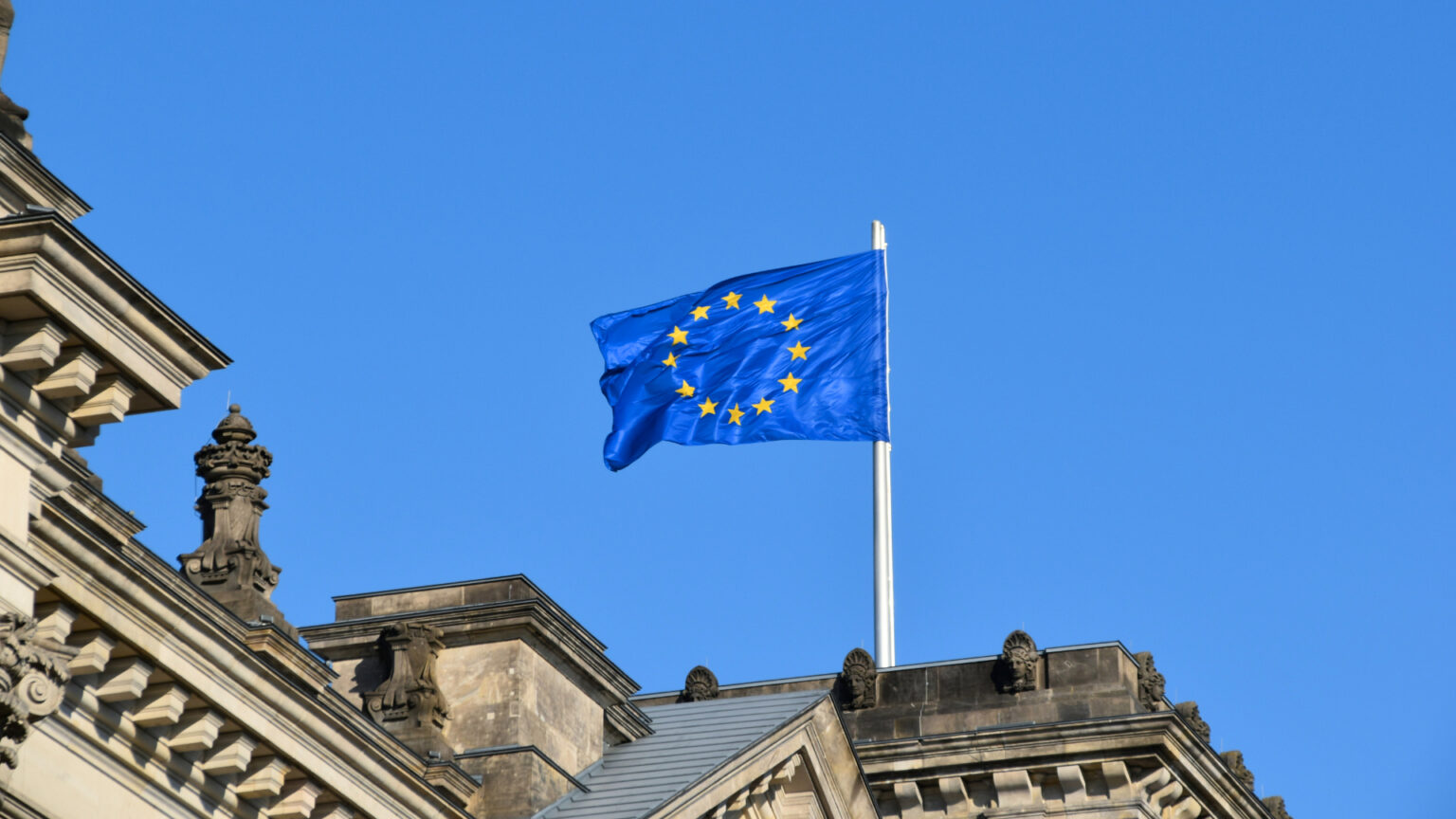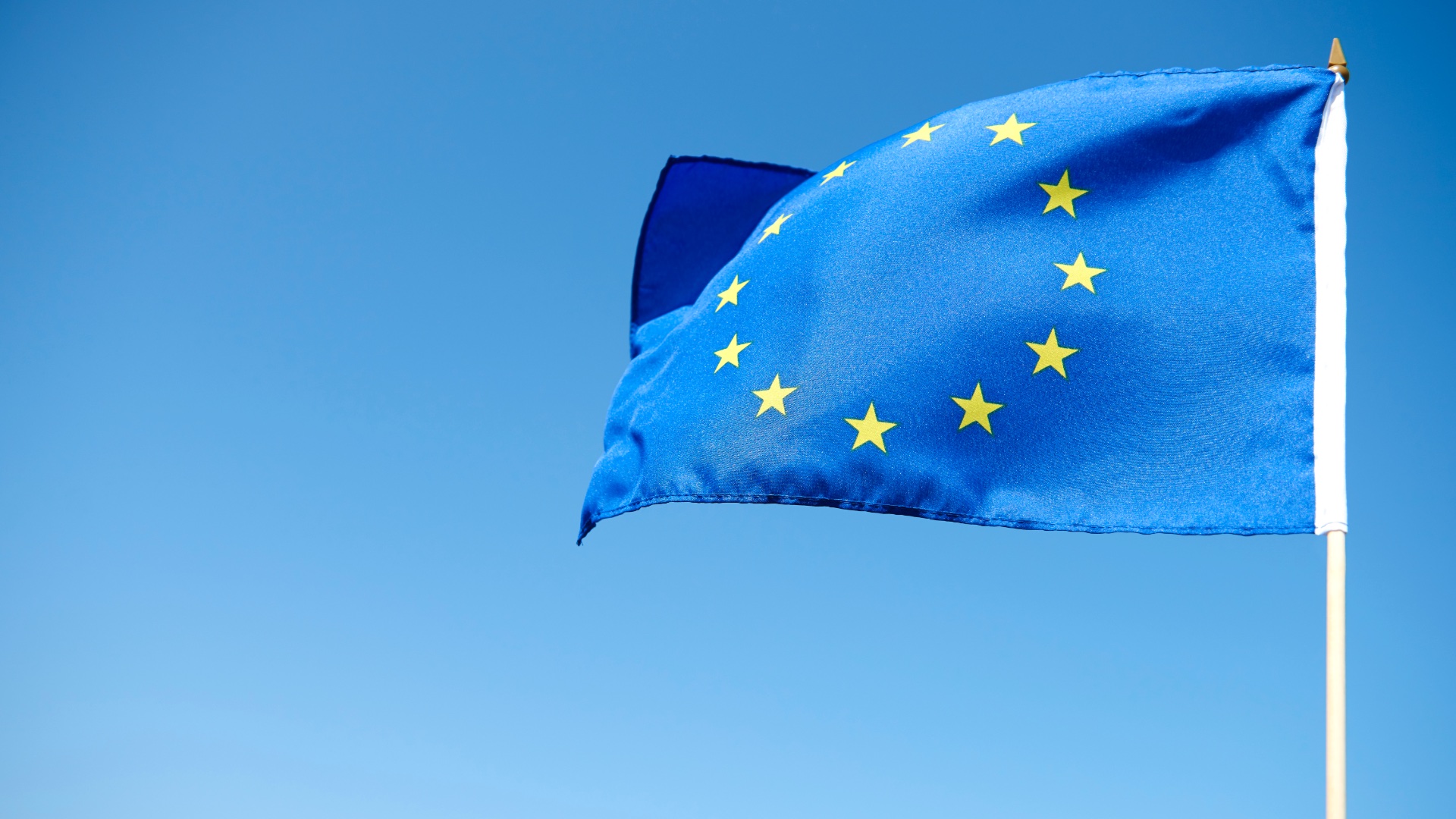The European Commission is taking a clear step backwards on the digital regulation front. Responding to growing criticism from US tech giants and concerns about the region’s economic competitiveness, Brussels on Wednesday proposed a package of changes known as the ‘Digital Omnibus’. The proposal involves not only simplifying the bureaucracy, but above all significantly delaying the implementation of the restrictive requirements of the Artificial Intelligence Act (AI Act).
The most important element of the proposal is the postponement of deadlines for AI systems classified as ‘high-risk’ solutions. Originally, the stringent rules were due to take effect in August 2026, but the Commission is now suggesting postponing them until December 2027. The decision represents a significant breather for companies deploying algorithms in sensitive areas such as employee recruitment, credit scoring, healthcare services, critical infrastructure or biometric identification.
However, the change of course goes beyond the implementation calendar itself. The proposed adjustments also touch upon the ‘holy grail’ of European regulation, the RODO. The new legal framework is intended to make it easier for giants such as Alphabet(Google), Meta and OpenAI to use Europeans’ personal data to train their artificial intelligence models. This is a direct response to the arguments of the industry, which has long pointed out that the EU’s stringent data protection creates an insurmountable innovation barrier in the race against the US and China. In addition, the package provides for the simplification of user-annoying cookie consent mechanisms.
Although officials in Brussels at the briefing asserted that ‘simplification is not deregulation’ but merely a critical review of the regulatory environment, the move is part of a wider trend. As with the recent relaxation of environmental regulations, the EU seems to be bowing to pressure from business and the risk of political retaliation from Washington. “The Digital Omnibus has yet to be approved by member states, but the very fact of its creation signals that Europe is beginning to review its role as global digital sheriff in favour of economic pragmatism.”












